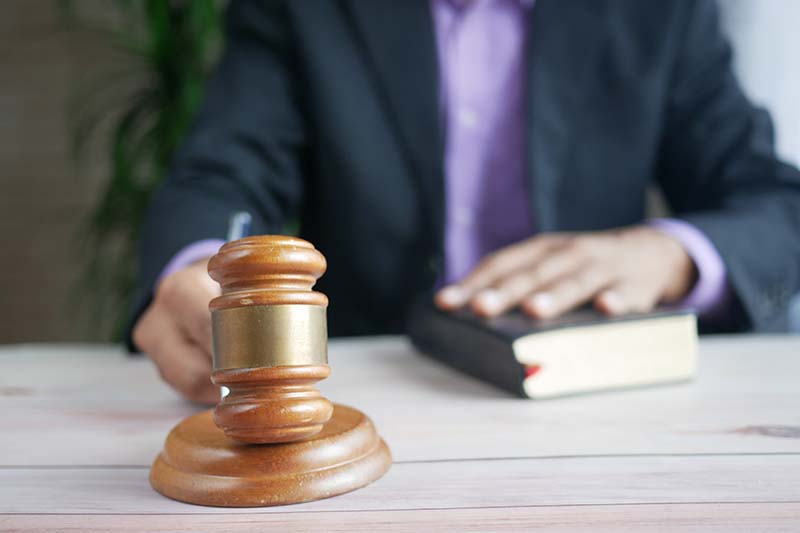Selecting an appropriate criminal defense attorney is one of the most critical decisions you’ll make when facing legal charges. The right attorney can not only profoundly impact the direction and outcome of your case but also offer peace of mind and support through a challenging process. Understanding how to choose an attorney who is best suited to your specific legal needs is essential.
Understanding Your Legal Needs
Evaluate the specifics of your case to identify the type of legal expertise required:
- Nature of the Charges: Different charges require different expertise. For instance, a DUI case versus a federal drug charge would need different specialized skills.
- Desired Outcome: Consider what you want out of the case, whether it’s a reduction of charges, a plea deal, or going to trial for a full acquittal. This will influence the type of lawyer you need.
Researching Potential Attorneys
A thorough research process is crucial in shortlisting potential attorneys:
- Online Research: Utilize legal directories, attorney websites, and online forums for initial information. Look for attorneys with strong online profiles and informative content.
- Referrals: Personal referrals from friends, family, or professional networks can be invaluable. Additionally, consider asking other lawyers for recommendations.
Evaluating Experience and Specialization
Assessing a lawyer’s background is vital:
- Criminal Law Expertise: Ensure the lawyer specializes in criminal law, as opposed to being a general practitioner.
- Experience with Similar Cases: Inquire about their experience with cases like yours. For example, if you’re facing drug charges, an attorney with a strong background in drug-related cases would be ideal.
Assessing Communication and Comfort Level
The attorney-client relationship should be based on clear communication:
- Initial Consultation: Note how the attorney explains your legal situation and their proposed strategy. Are they clear, concise, and understandable?
- Comfort Level: It’s important that you feel comfortable with their approach, personality, and ethical considerations.
Considering Reputation and References
A lawyer’s standing in the legal community can indicate their effectiveness:
- Peer Reviews: Research their reputation among other legal professionals. Recognitions or awards in the legal community can be a good indicator of expertise.
- Client Testimonials: Seek out testimonials or reviews from previous clients to gauge their satisfaction with the attorney’s services.
Discussing Fees and Billing Practices
Be clear about financial arrangements from the start:
- Fee Structure: Some attorneys may charge a flat fee, while others bill by the hour. Some might work on a contingency basis, although this is less common in criminal defense.
- Billing Details: Inquire about all potential costs, including the likelihood of additional charges for things like investigation, expert witnesses, and other court-related expenses.
Making the Final Decision
Consider all factors to make a well-informed choice:
- Comparing Pros and Cons: After meeting with or researching several attorneys, list the pros and cons of each to compare them objectively.
- Trust Your Instinct: Your intuition can be a powerful tool in making your final decision. Trust your gut feeling about who you believe will represent your best interests.
Conclusion: Partnering with the Right Attorney for Your Case
The right criminal defense attorney can provide more than just legal representation; they can offer guidance, support, and reassurance during a challenging time. Take the time to thoroughly research and meet with potential attorneys to ensure you find someone who is not only qualified but also the right fit for you and your legal situation. Your choice of attorney can significantly influence the outcome and experience of your legal journey.


Leave a Reply